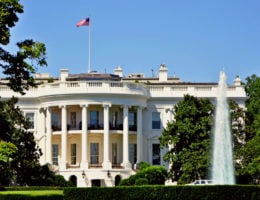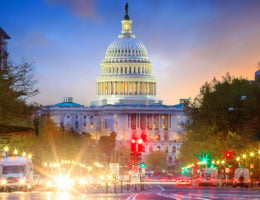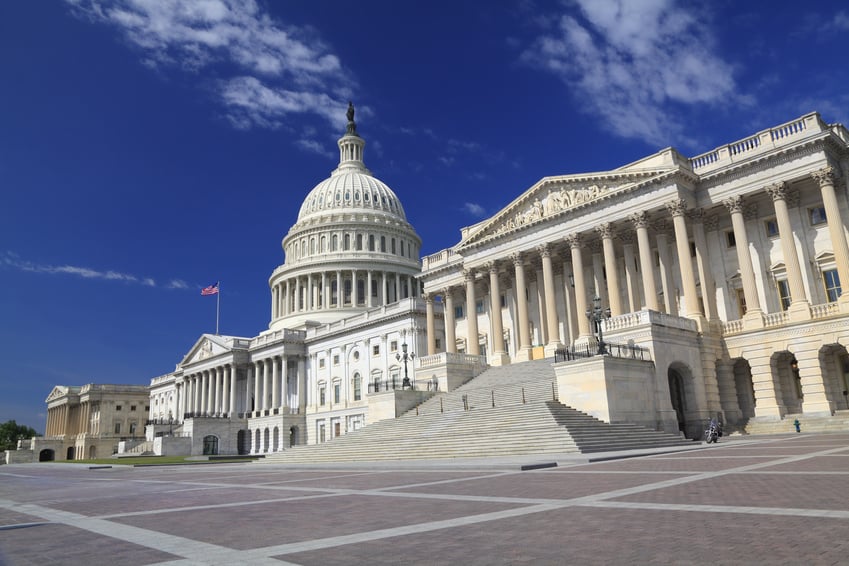Concern regarding IP theft and other forms of unfair trade practices have been of paramount importance in the past five years in the United States – and have indeed been the justification for imposing significant and long-lasting trade barriers. The Biden Administration affirmed its commitment to using a wide range of remedies to address such trade practices through a set of reports on the 100-day interagency reviews conducted pursuant to Executive Order 14017 “America’s Supply Chains” (the “Reports”).
In the recent flurry of US Government activity related to Xinjiang, one thing is clear: trade compliance risks continue to increase for companies with supply chains that involve Xinjiang. These latest actions add to the expanding list of companies that face import bans, export bans, and sometimes both, in addition to broader measures under consideration in Congress. This blog post summarizes the past month’s developments.
In the recent flurry of US Government activity related to Xinjiang, one thing is clear: trade compliance risks continue to increase for companies with supply chains that involve Xinjiang. These latest actions add to the expanding list of companies that face import bans, export bans, and sometimes both, in addition to broader measures under consideration in Congress. This blog post summarizes the past month’s developments.
On 5 April 2021, the US Court of International Trade issued a significant ruling that overturns a portion of the Section 232 tariffs imposed by President Trump under Section 232 of the Trade Expansion Act of 1962 (19 U.S.C. §1862).
On 5 April 2021, the US Court of International Trade (Court) issued a significant ruling that overturns a portion of the Section 232 tariffs imposed by President Trump under Section 232 of the Trade Expansion Act of 1962 (19 U.S.C. §1862). The decision affects the duties imposed on US imports of steel and aluminum “derivative” products but not the more general steel and aluminum tariffs.




